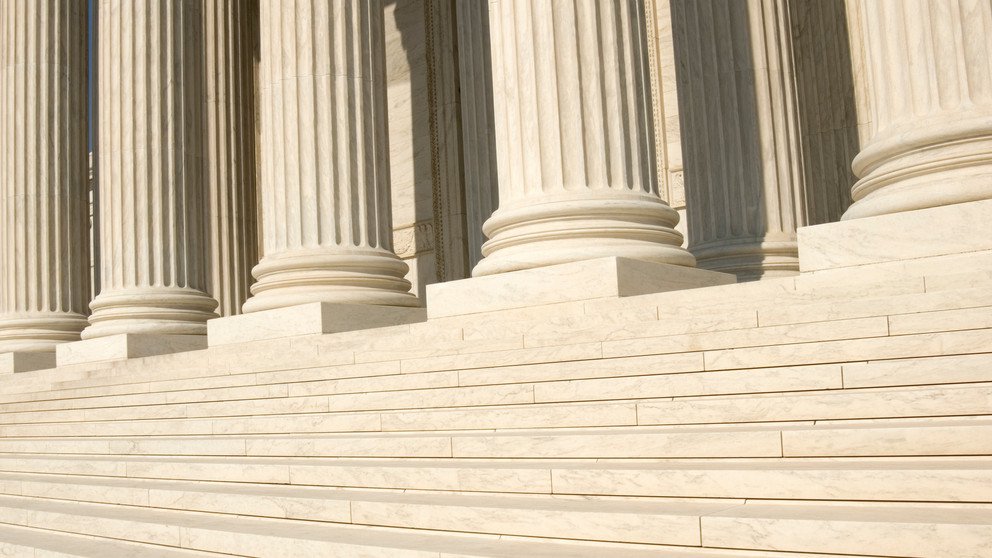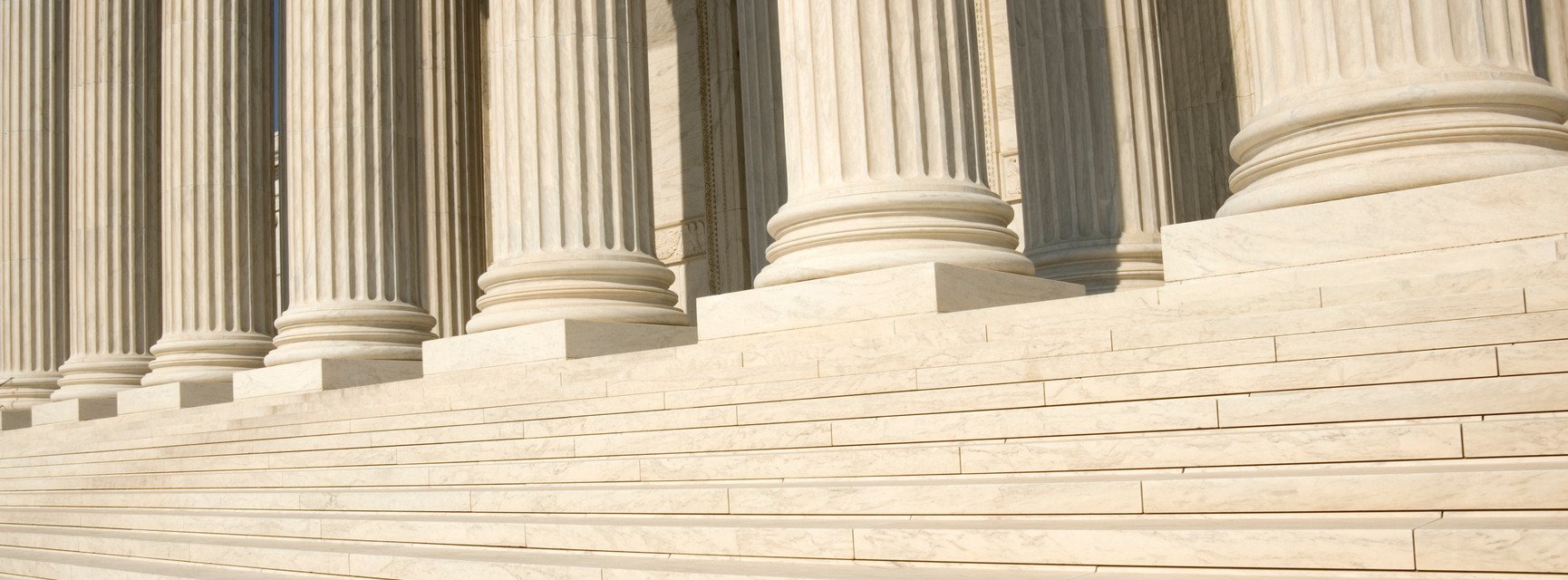

The University of Passau established the Chair of Common Law in 2013. Recognizing the political, economic, and cultural importance of common law jurisdictions such as the United States, England, Australia or India for an increasingly globalized legal practice as well as the immense educational value of foreign law and comparative methodology for the training of young lawyers, considerable resources were made available to create and sustain a unique crossroads between the Anglo-American and civilian legal traditions in the very heart of Europe.
The Chair, which reflects Passau’s continued commitment to the integration of foreign and international law into the traditional German law school curriculum, compliments the Faculty’s cooperation with the University of London by offering students a firm grounding in the law of the United States. Young researchers are invited to pursue exciting opportunities on both sides of the Atlantic and contribute to the ongoing exchange of ideas and knowledge between the common law world and civilian systems of law.The entire common law curriculum, which forms part of Wahlschwerpunkte 27 and 28, is taught and examined in English.
The first holder of the Chair, Professor Dr. Jörg Fedtke, has held senior academic appointments in the United Kingdom and the United States. He continues to work at Tulane Law School (New Orleans) and is deeply involved in constitutional transition processes across the Middle East. His main research and teaching interests include public law, torts and alternative dispute resolution. Professor Fedtke strongly believes in promoting cultural literacy as an integral part of higher education.
He was Vice President for Quality Management and Diversity from 2017 to 2020, Vice Dean (Faculty of Law) from 2020 to 2022 and Dean (Faculty of Law) from 2022 to 2024. Professor Fedtke previously held academic positions in Germany, the United Kingdom and the United States.
PA Elke Albert
Innstr. 39 - 3rd Floor - room 312
94032 Passau / Germany
Phone: 0049-851-509 5010
E-Mail: elke.albert@uni-passau.de
Office hours:
Monday: 10 am to 4 pm; Wednesday: 9 am to 11 am
or by appointment